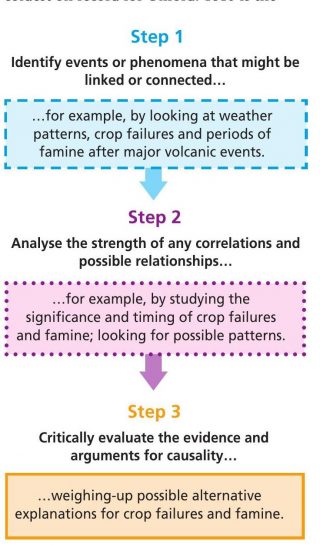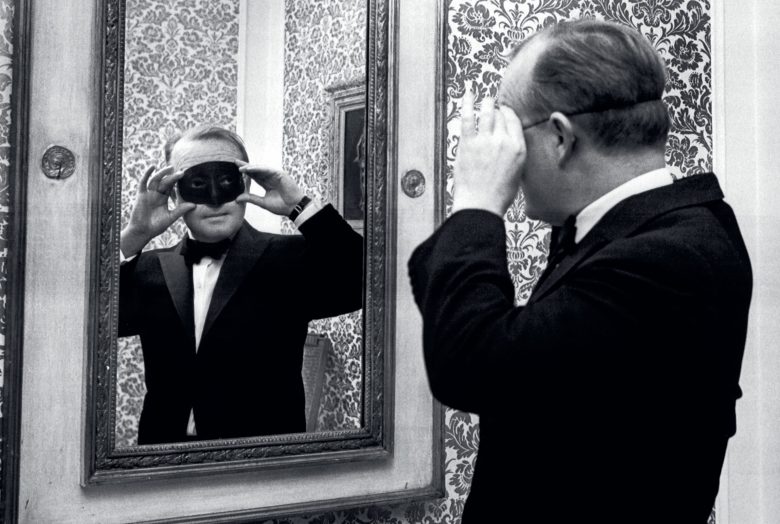
We use complex or involved syntax all the time in everyday speech. An unremarkable sentence like ‘While we’re out I want to see if the jacket that was in the sale on Friday is still there’ is grammatically complex, using a main clause and three subordinate clauses, one of them embedded inside one of the others. The reason we use sentences like this, without even thinking about it, is that this sort of construction is the most effective and economical way of communicating several pieces of information in a way that is easy to understand. You could say the same thing using a string of simple sentences but the result would sound awkward, use more words and be difficult to follow. Try it.
It is because of its effectiveness as a means of communicating information that the carefully constructed complex sentence became the basis of most English prose from the early eighteenth century onwards. Two main factors seem to have been involved in the emergence of this type of prose style: the scientific revolution of the later seventeenth century and the rise of a new middle-class reading public. Both were developments that combined to encourage a kind of writing designed to convey information in a clear and effective way.
Your organisation does not have access to this article.
Sign up today to give your students the edge they need to achieve their best grades with subject expertise
Subscribe




